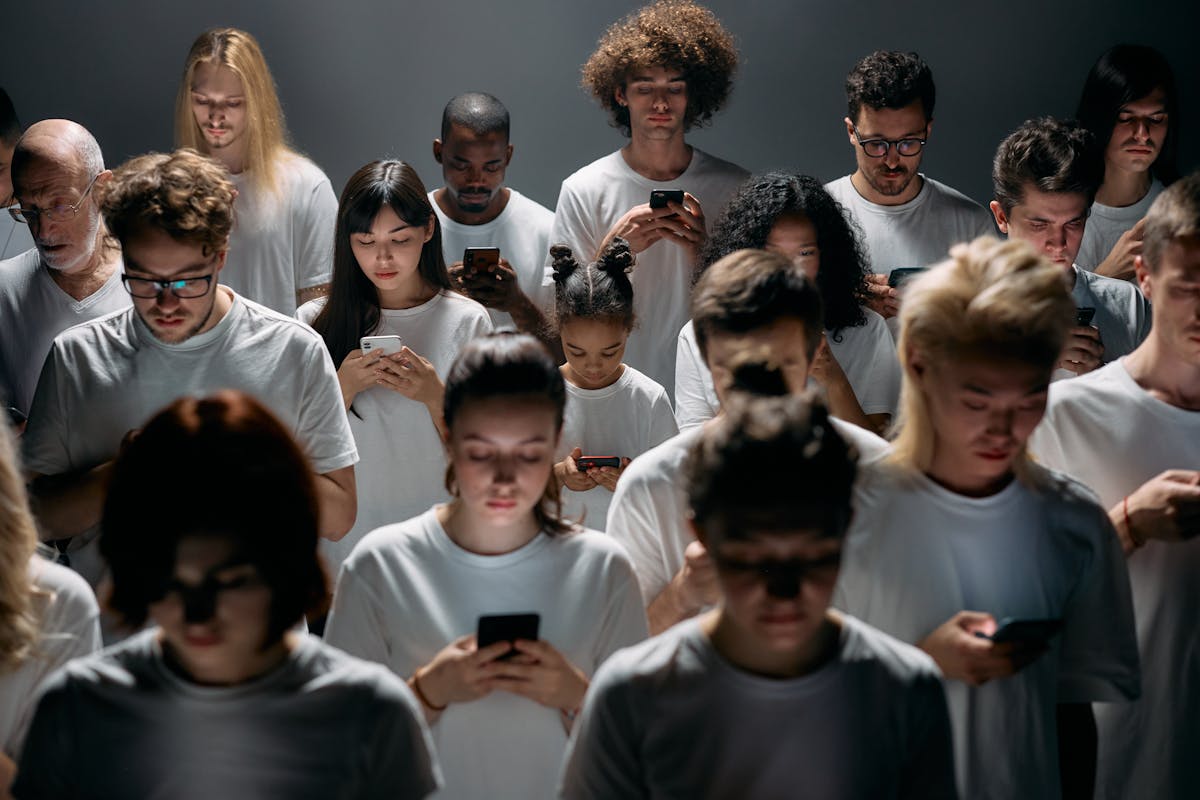The movie The Social Network from 2010, crafted by director David Fincher with a screenplay by Aaron Sorkin, transcends being a mere biography of Facebook’s inception. Positioned in the digital era, it illustrates the complexities of technology’s impact, the transformation of interpersonal connections, and the moral dilemmas found within our increasingly intertwined world. Understanding the significance of The Social Network in the present involves delving into its subjects, actual historical roots, and the changing digital environment.
Digital Entrepreneurship and the Cult of Innovation
At its core, The Social Network dramatizes the origin story of Facebook, embodying the digital era’s archetype: the college drop-out genius who upends traditional industries. The film crystalizes how the early-2000s tech boom transformed dorm rooms into breeding grounds for billion-dollar startups. Mark Zuckerberg’s relentless drive, as portrayed by Jesse Eisenberg, mirrors Silicon Valley’s culture of innovation, where audacious ideas—amplified by code—can reshape not just economies but the fabric of human interaction.
The film illustrates how the age of the Internet democratized opportunity while simultaneously introducing a new elite: those who possess the technical skills and vision to harness vast networks. The casting of Ivy League campuses as crucibles for tech innovation is grounded in reality. Statistical data from Crunchbase and AngelList emphasize that a significant proportion of unicorn startups originated with founders from elite universities, reinforcing the mythos that the film projects.
Redefining Friendship and Social Dynamics
The phrase, “Reaching 500 million friends comes with its share of adversaries,” highlights a core contradiction of the digital age. Social media sites, with Facebook being the most prominent, have profoundly transformed the idea of friendship. The Social Network explores the conflict between genuine personal connections and online interactions. The personal breakdown between Zuckerberg and Eduardo Saverin, who co-founded the company with him, illustrates how technology can simultaneously foster and undermine trust.
Case studies accentuate this: An Oxford Internet Institute report observed that while the average Facebook user might have hundreds of online connections, meaningful offline relationships remained stagnant or even declined, illustrating Dunbar’s number theory. The narrative power of the film is in how it mirrors this paradox—highlighting not just growth in social networks, but the cost at an individual level.
Morality, Possession, and the Online Gold Fever
The question of intellectual property haunts the film, embodied in the legal battles between Zuckerberg, the Winklevoss twins, and Saverin. This dramatization echoes broader trends in digital innovation: the tension between collaborative creativity and ruthless competition. The movie is a window into a world where the race to claim ownership supersedes traditional ethical boundaries.
The film’s legal conflict highlights recurring themes in the tech industry, seen in cases like Google vs. Oracle or Snapchat’s beginnings, which emphasize ongoing debates about coding, concepts, and recognition. These disputes are not just narrative elements but symbolize a digital economy that frequently values rapid growth and market leadership above moral principles and fairness.
Stories of Disconnection in an Overconnected World
A persistent theme in The Social Network is the depiction of solitude amidst widespread connection. Mark Zuckerberg, while creating a tool meant to unite individuals, is shown as inherently solitary—a concept often highlighted in studies about the psychological effects of social networks. A study from the American Journal of Preventive Medicine (2017) found a link between heavy use of social media and feelings of social loneliness in young adults. Consequently, the movie can be seen as both a creation narrative and a warning story.
a través de su paleta de colores fríos, diálogos rápidos y el guion de Sorkin, la película describe un escenario donde la ambición es emocionante, pero las relaciones son desechables. anticipa debates sobre el impacto de las plataformas digitales en la salud mental, la autoestima y las conexiones humanas, temas que se han vuelto más relevantes en el mundo posterior a 2010.
The Power Dynamics of Data and Influence
While set in the early days of Facebook, The Social Network foreshadows the enormous power that digital platforms would accrue over time. Beyond connecting friends, Facebook’s evolution into a data-driven marketing juggernaut and a pivotal actor in elections and societal discourse is not explicit in the film but resonates with hindsight. The movie’s portrayal of Facebook as a force that rapidly outpaces its own creators’ ethical frameworks mirrors persistent dilemmas about platform accountability.
Cambridge Analytica and ongoing debates on content moderation underscore how today’s digital giants wield influence exceeding that of corporations in previous eras. The Social Network acts as a prescient narrative, inviting audiences to question how much control we truly have over technologies fundamentally shaping social reality.
Heritage for the web
After more than ten years, The Social Network continues to influence, not just with its narrative but as a way to examine our shared digital path. Its lasting significance is found in the inquiries it presents—on the two-sided nature of innovation, the shifting meaning of connectivity, the morality of ownership, and the deep loneliness that can accompany life online.
Witnessing the movie in contemporary times prompts a thoughtful examination of what has been achieved and lost in the unyielding quest for connection and advancement. By illustrating rapid triumph and individual consequences, The Social Network mirrors the aspirations and fears that characterize the digital era, encouraging ongoing introspection about the paths we take and the principles we uphold in our interconnected society.

